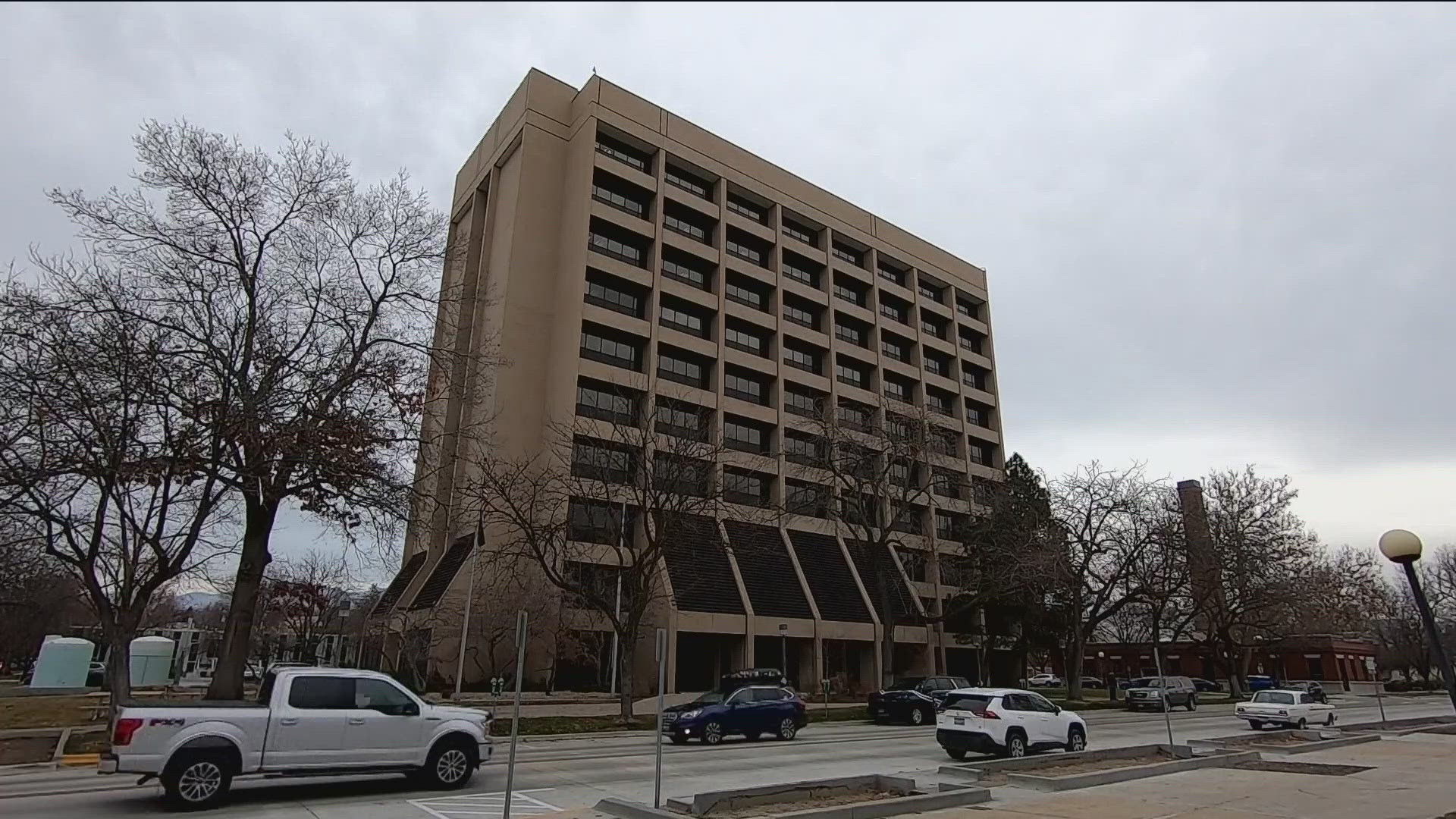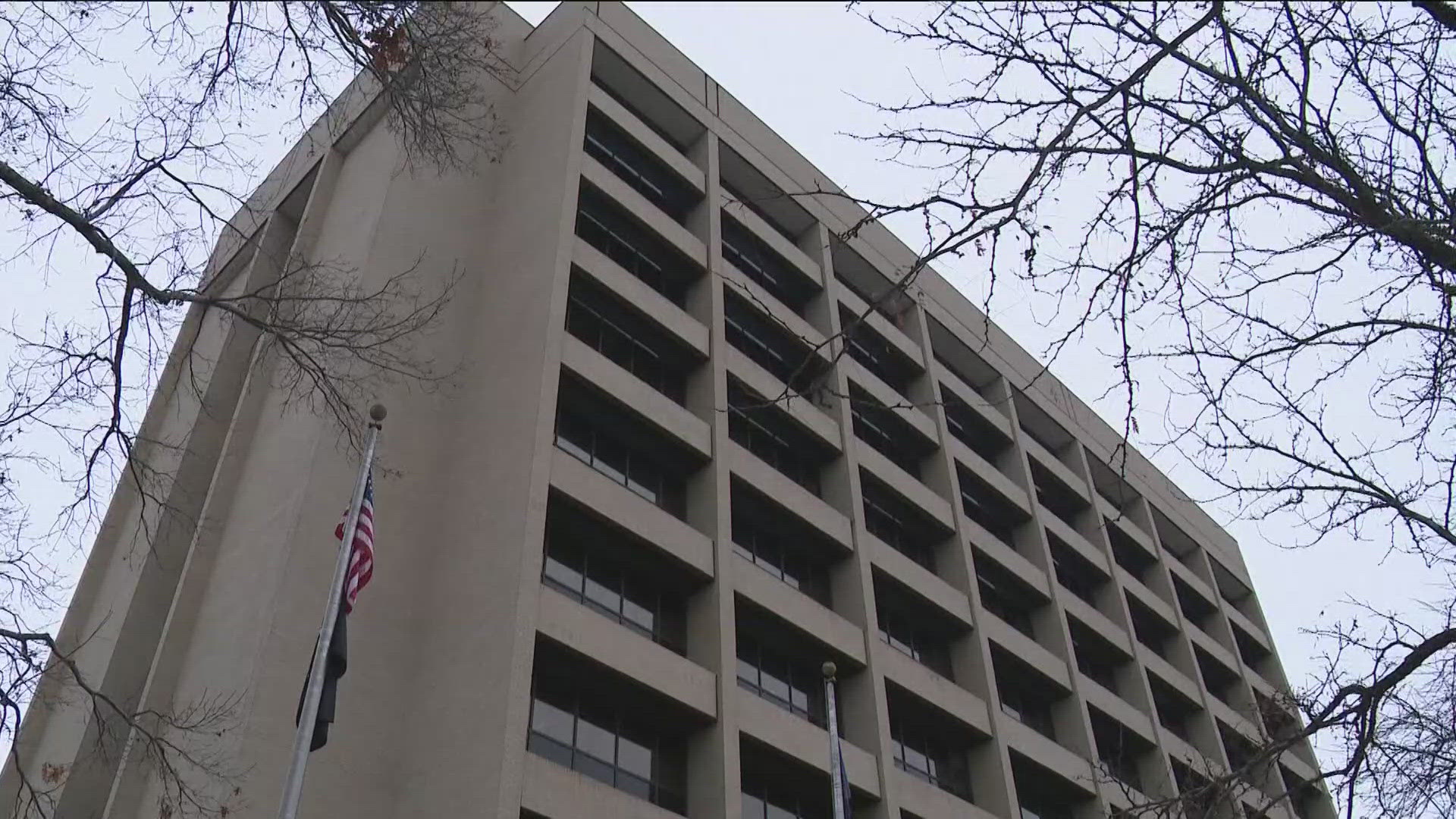BOISE, Idaho — Family caregivers are upset with the Idaho Department of Health and Welfare's plan to end a pandemic-era benefit that pays them to care for their disabled relatives.
"What's going to happen is you're going to have more than 1,000 participants that lose their direct caregiver overnight," Nathan Hill said.
Hill is paid through the Family Personal Care Services program to help care for his 15-year-old son, who is developmentally and physically disabled after being diagnosed with brain cancer as a baby.
IDHW asked the federal Centers for Medicare and Medicaid Services to end the benefit on Jan. 31, citing thousands of fraud and abuse cases along with budget constraints.
The department explained its rationale in a November letter to lawmakers, which states people lied about when they provided care and logged more hours than the program allows, among other things.
It also states the program is $4 million over budget so far this year because it cannot keep up with demand. IDHW claims it has seen a 75% increase in enrollment since 2023.
"It's really unfortunate that it has come to this point," said Juliet Charron, Idaho Medicaid and Behavioral Health deputy director. "It's certainly not the outcome that we had hoped for."
The decision heavily impacts people in rural areas who struggle to find care. The LaHaies live in Indian Valley, an unincorporated town in Adams County with under 700 people.
Ranching is their way of life, but that changed in 2021.
"My wife, Tara, had a massive stroke," Ron LaHaie said. "I find myself in a position with no help. Tara can't be left alone. She can't get up, she can't move from chair to chair. She gets dizzy, she's a fall risk, and she still has seizures from time to time."
LaHaie said they have hired several caretakers, only to have them quit a few months later because of the distance. Without a caretaker coming to the house, he cannot work because he has to take care of Tara.
When the Idaho Department of Health and Welfare began paying spouses as caregivers, it was the answer they needed and really their only sustainable option.
"It makes sense that a husband and wife should be able to do this job for each other, it makes sense," he said. "It doesn't pay a lot. It pays some bills. So, it's not like we're getting rich off the system. We're barely making it."
If the Centers for Medicare and Medicaid Services decides to end the program, Charron indicated there still might be hope for its return.
"We are here to work with families," she said, "[and] remain open to the potential to reinstate this benefit," she said, noting that such a move would require legislative support and additional funding.
Charron said she hopes the department can work with lawmakers to develop stronger oversight measures. In the meantime, they are implementing what safeguards they can use to maintain the program for the next month.
Families advocating for the program's continuation are taking matters into their own hands. They are scheduled to meet with several legislators to discuss potential solutions Thursday.


